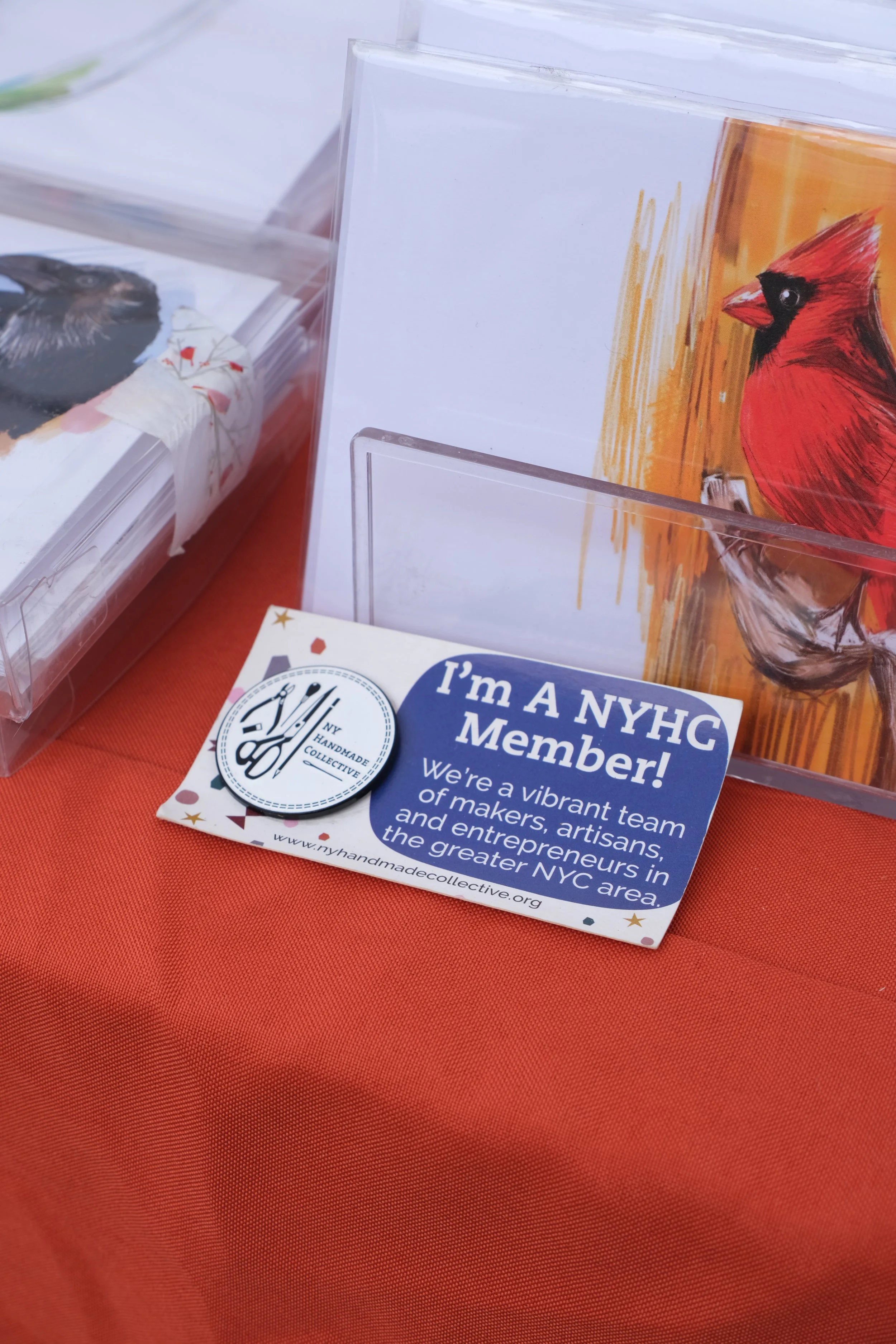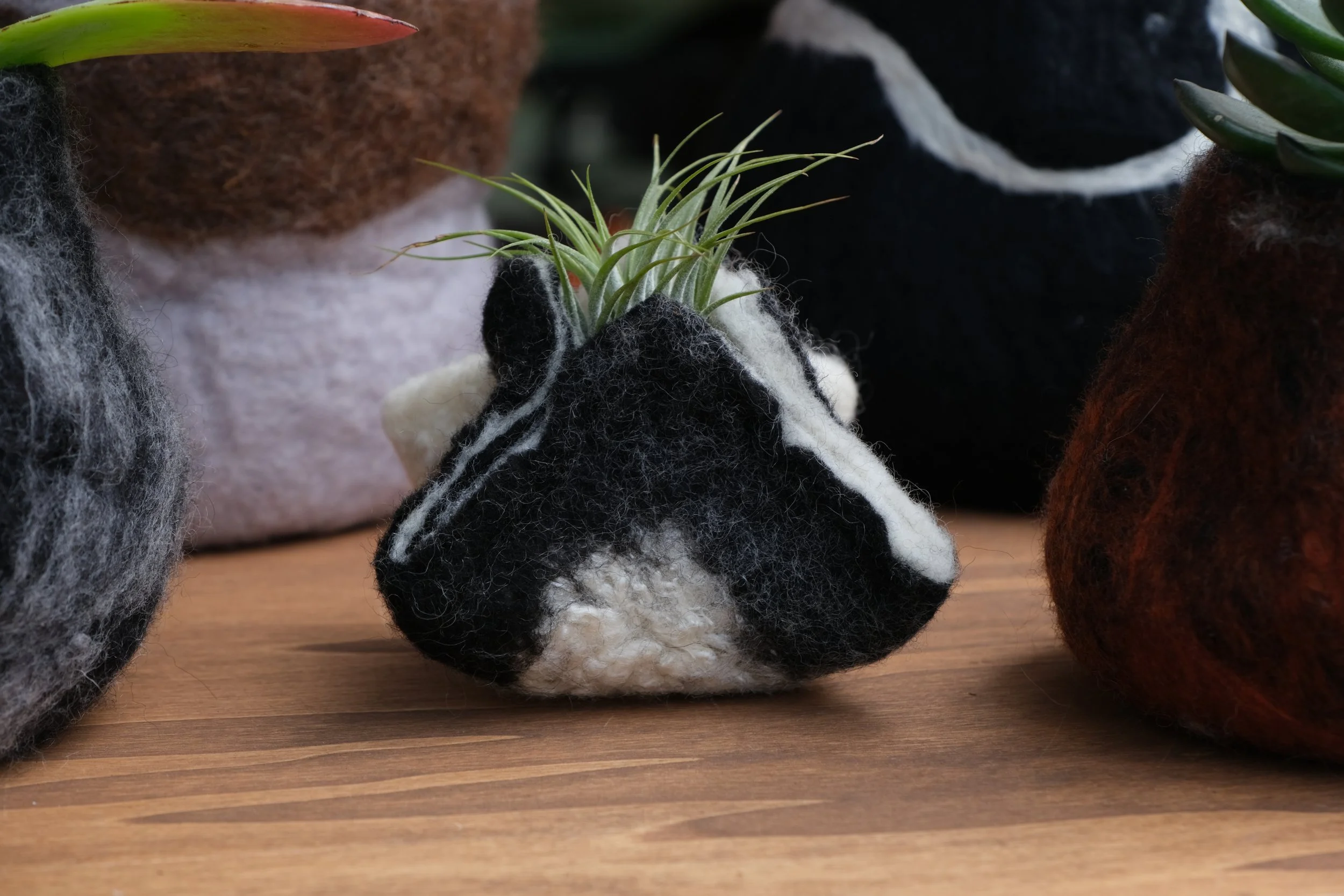"Buddhism",
"Confidence",
"Grinch Who Stole Christmas",
"Hello Etsy Conference",
"Hello Etsy",
"LolaFalkDesigns",
"Meditation",
"Michael Carroll",
"Mindfulness",
"Rasanath Dasa",
"Vulnerability",
"fear",
"fearlessness"
NY Handmade Collective
"Buddhism",
"Confidence",
"Grinch Who Stole Christmas",
"Hello Etsy Conference",
"Hello Etsy",
"LolaFalkDesigns",
"Meditation",
"Michael Carroll",
"Mindfulness",
"Rasanath Dasa",
"Vulnerability",
"fear",
"fearlessness"
NY Handmade Collective
Read More
"Curiosity",
"Delight",
"Dr. LeeAnne Renninger",
"Empathy",
"Hello Etsy Conference",
"Hello Etsy",
"LifeLabs New York",
"Surprise",
"etsy",
"progress tracking"
NY Handmade Collective
"Curiosity",
"Delight",
"Dr. LeeAnne Renninger",
"Empathy",
"Hello Etsy Conference",
"Hello Etsy",
"LifeLabs New York",
"Surprise",
"etsy",
"progress tracking"
NY Handmade Collective
Read More
"Alex Blumberg",
"Debt",
"Hello Etsy Conference",
"Hello Etsy",
"NPR",
"Planet Money",
"Social Security",
"US Economy",
"Wealth",
"economics"
NY Handmade Collective
"Alex Blumberg",
"Debt",
"Hello Etsy Conference",
"Hello Etsy",
"NPR",
"Planet Money",
"Social Security",
"US Economy",
"Wealth",
"economics"
NY Handmade Collective
Read More
"Climate Change",
"Dr. Laurie Santos",
"Hello Etsy Conference",
"Hello Etsy",
"William Henry Fox Talbot",
"economics",
"etsy",
"evolution",
"financial collapse",
"loss aversion",
"money",
"risk",
"technology"
NY Handmade Collective
"Climate Change",
"Dr. Laurie Santos",
"Hello Etsy Conference",
"Hello Etsy",
"William Henry Fox Talbot",
"economics",
"etsy",
"evolution",
"financial collapse",
"loss aversion",
"money",
"risk",
"technology"
NY Handmade Collective
Read More
"Climate Change",
"Environmental concerns",
"Hello Etsy Conference",
"Hello Etsy",
"Jeremy Rifkin",
"New Economics Foundation",
"Stewart Wallis",
"TEDxExeter",
"economics",
"trickle down economics"
NY Handmade Collective
"Climate Change",
"Environmental concerns",
"Hello Etsy Conference",
"Hello Etsy",
"Jeremy Rifkin",
"New Economics Foundation",
"Stewart Wallis",
"TEDxExeter",
"economics",
"trickle down economics"
NY Handmade Collective
Read More

